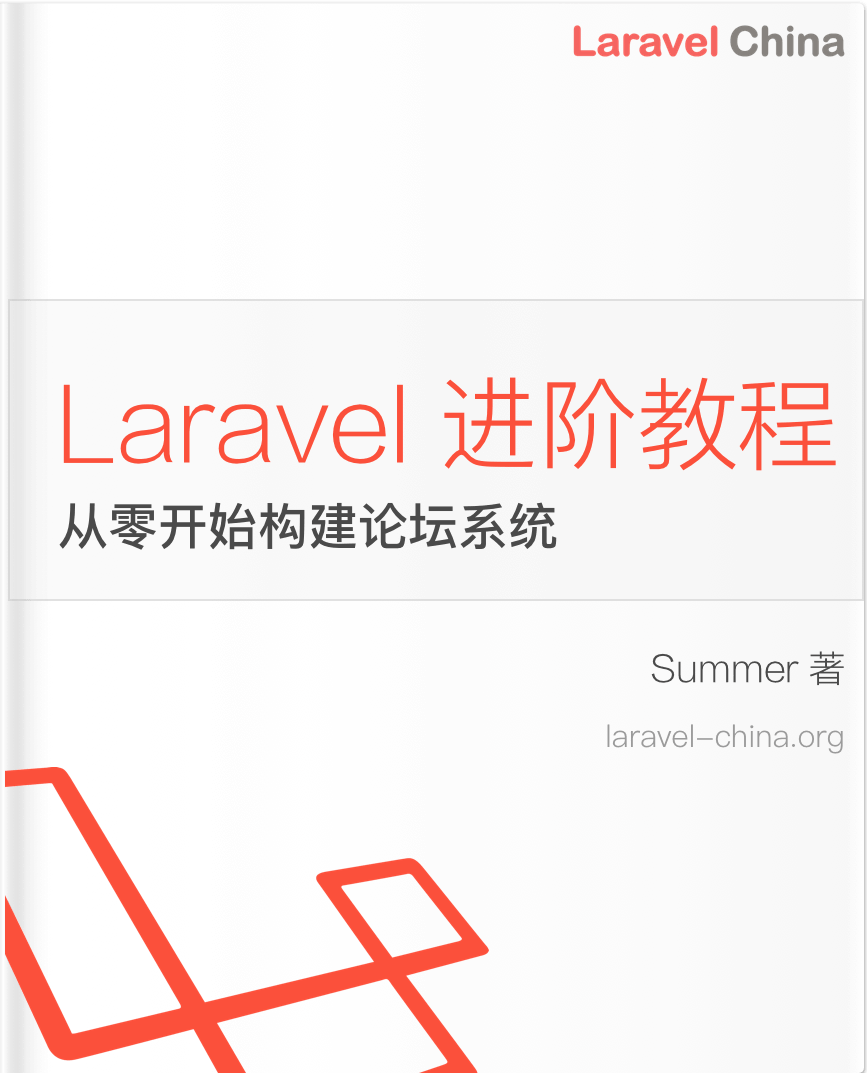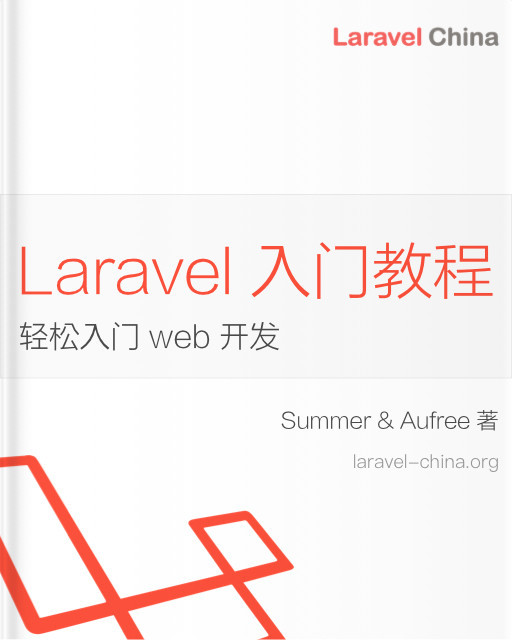生成 URL
URL Generation
简介
Laravel 提供了若干辅助函数,帮助你为应用生成 URL。
这些辅助函数主要在以下场景中很有用:
- 在模板和 API 响应中构建链接
- 在应用的其他部分生成重定向响应
基础
生成 URL
url 辅助函数可用于为你的应用生成任意 URL。
生成的 URL 会自动使用当前应用正在处理的请求的协议(HTTP 或 HTTPS)和主机名:
$post = App\Models\Post::find(1);
echo url("/posts/{$post->id}");
// http://example.com/posts/1要生成带有查询字符串参数的 URL,可以使用 query 方法:
echo url()->query('/posts', ['search' => 'Laravel']);
// https://example.com/posts?search=Laravel
echo url()->query('/posts?sort=latest', ['search' => 'Laravel']);
// http://example.com/posts?sort=latest&search=Laravel如果提供的查询字符串参数在路径中已经存在,它们的值将会被覆盖:
echo url()->query('/posts?sort=latest', ['sort' => 'oldest']);
// http://example.com/posts?sort=oldest你也可以将值数组作为查询参数传递,这些值会在生成的 URL 中正确地带上键并进行编码:
echo $url = url()->query('/posts', ['columns' => ['title', 'body']]);
// http://example.com/posts?columns%5B0%5D=title&columns%5B1%5D=body
echo urldecode($url);
// http://example.com/posts?columns[0]=title&columns[1]=body访问当前 URL
如果不给 url 辅助函数传递路径参数,它将返回一个 Illuminate\Routing\UrlGenerator 实例,从而让你可以获取当前 URL 的相关信息:
// 获取不包含查询字符串的当前 URL...
echo url()->current();
// 获取包含查询字符串的当前 URL...
echo url()->full();
// 获取上一个请求的完整 URL...
echo url()->previous();
// 获取上一个请求的路径...
echo url()->previousPath();这些方法同样可以通过 URL facade 来访问:
use Illuminate\Support\Facades\URL;
echo URL::current();命名路由的 URL
route 辅助函数可用于生成指向命名路由的 URL。
命名路由让你可以在生成 URL 时与路由实际定义的 URL 解耦。
因此,即使路由的 URL 发生了变化,也不需要修改你对 route 函数的调用。
例如,假设你的应用中有如下定义的路由:
Route::get('/post/{post}', function (Post $post) {
// ...
})->name('post.show');要生成这个路由的 URL,你可以这样使用 route 辅助函数
echo route('post.show', ['post' => 1]);
// http://example.com/post/1当然,route 辅助函数也可以生成带有多个参数的路由 URL:
Route::get('/post/{post}/comment/{comment}', function (Post $post, Comment $comment) {
// ...
})->name('comment.show');
echo route('comment.show', ['post' => 1, 'comment' => 3]);
// http://example.com/post/1/comment/3任何额外的数组元素,如果不对应路由定义中的参数,将会被添加到 URL 的查询字符串中:
echo route('post.show', ['post' => 1, 'search' => 'rocket']);
// http://example.com/post/1?search=rocketEloquent 模型
你经常会使用 Eloquent 模型 的路由键(通常是主键)来生成 URL。
因此,你可以将 Eloquent 模型作为参数值传递给 route 辅助函数。route 辅助函数会自动提取模型的路由键:
echo route('post.show', ['post' => $post]);签名 URL
Laravel 允许你轻松创建指向命名路由的“签名”URL。
这些 URL 会在查询字符串中附加一个“签名”哈希,用于让 Laravel 验证该 URL 自创建以来是否被修改过。
签名 URL 对于那些公开可访问但需要防止 URL 被篡改的路由尤其有用。
例如,你可能会用签名 URL 来实现一个公共的“退订”链接,并通过邮件发送给你的客户。
要创建指向命名路由的签名 URL,请使用 URL facade 的 signedRoute 方法:
use Illuminate\Support\Facades\URL;
return URL::signedRoute('unsubscribe', ['user' => 1]);你可以通过向 signedRoute 方法提供 absolute 参数来将域名排除在签名 URL 哈希之外:
return URL::signedRoute('unsubscribe', ['user' => 1], absolute: false);如果你想生成一个会在指定时间后过期的临时签名路由 URL,可以使用 temporarySignedRoute 方法。
当 Laravel 验证临时签名路由 URL 时,它会确保签名 URL 中编码的过期时间戳尚未失效:
use Illuminate\Support\Facades\URL;
return URL::temporarySignedRoute(
'unsubscribe', now()->addMinutes(30), ['user' => 1]
);验证签名路由请求
要验证传入的请求是否具有有效的签名,你应当在传入的 Illuminate\Http\Request 实例上调用 hasValidSignature 方法:
use Illuminate\Http\Request;
Route::get('/unsubscribe/{user}', function (Request $request) {
if (! $request->hasValidSignature()) {
abort(401);
}
// ...
})->name('unsubscribe');有时,你可能需要允许应用的前端向签名 URL 追加数据,例如在执行客户端分页时。
因此,你可以使用 hasValidSignatureWhileIgnoring 方法来指定在验证签名 URL 时应忽略的请求查询参数。
请记住,忽略参数意味着任何人都可以在请求中修改这些参数:
if (! $request->hasValidSignatureWhileIgnoring(['page', 'order'])) {
abort(401);
}除了使用传入的请求实例来验证签名 URL 外,你还可以将 signed(Illuminate\Routing\Middleware\ValidateSignature)中间件 分配给路由。
如果传入的请求没有有效签名,该中间件会自动返回 403 HTTP 响应:
Route::post('/unsubscribe/{user}', function (Request $request) {
// ...
})->name('unsubscribe')->middleware('signed');如果你的签名 URL 在 URL 哈希中不包含域名,则应向中间件提供 relative 参数:
Route::post('/unsubscribe/{user}', function (Request $request) {
// ...
})->name('unsubscribe')->middleware('signed:relative');响应无效的签名路由
当有人访问已过期的签名 URL 时,他们会收到 403 HTTP 状态码的通用错误页面。
不过,你可以在应用的 bootstrap/app.php 文件中,为 InvalidSignatureException 异常定义一个自定义的 “render” 闭包来自定义此行为:
use Illuminate\Routing\Exceptions\InvalidSignatureException;
->withExceptions(function (Exceptions $exceptions) {
$exceptions->render(function (InvalidSignatureException $e) {
return response()->view('errors.link-expired', status: 403);
});
})控制器操作的 URL
action 函数会为指定的控制器操作生成一个 URL
use App\Http\Controllers\HomeController;
$url = action([HomeController::class, 'index']);如果控制器方法接受路由参数,你可以将一个关联数组作为第二个参数传递给该函数:
$url = action([UserController::class, 'profile'], ['id' => 1]);Fluent URI 对象
Laravel 的 Uri 类提供了一个方便且流式(fluent)的接口,用于通过对象创建和操作 URI。
该类封装了底层 League URI 包提供的功能,并与 Laravel 的路由系统无缝集成。
你可以使用静态方法轻松创建一个 Uri 实例:
use App\Http\Controllers\UserController;
use App\Http\Controllers\InvokableController;
use Illuminate\Support\Uri;
// 从给定字符串生成一个 URI 实例...
$uri = Uri::of('https://example.com/path');
// 为路径、命名路由或控制器操作生成 URI 实例...
$uri = Uri::to('/dashboard');
$uri = Uri::route('users.show', ['user' => 1]);
$uri = Uri::signedRoute('users.show', ['user' => 1]);
$uri = Uri::temporarySignedRoute('user.index', now()->addMinutes(5));
$uri = Uri::action([UserController::class, 'index']);
$uri = Uri::action(InvokableController::class);
// 从当前请求的 URL 生成 URI 实例...
$uri = $request->uri();获取 URI 实例后,你可以流式地修改它:
$uri = Uri::of('https://example.com')
->withScheme('http')
->withHost('test.com')
->withPort(8000)
->withPath('/users')
->withQuery(['page' => 2])
->withFragment('section-1');更多关于操作 Fluent URI 对象的信息,请参阅 URI 文档。
默认值
在某些应用程序中,你可能希望为特定 URL 参数指定请求范围内的默认值。
例如,假设你的许多路由都定义了一个 {locale} 参数:
Route::get('/{locale}/posts', function () {
// ...
})->name('post.index');如果每次调用 route 辅助函数时都要手动传递 locale,会非常繁琐。
因此,你可以使用 URL::defaults 方法为该参数定义一个默认值,该值将在当前请求中始终生效。
你可能会希望在 路由中间件 中调用此方法,以便可以访问当前请求:
<?php
namespace App\Http\Middleware;
use Closure;
use Illuminate\Http\Request;
use Illuminate\Support\Facades\URL;
use Symfony\Component\HttpFoundation\Response;
class SetDefaultLocaleForUrls
{
/**
* 处理传入的请求
*
* @param \Closure(\Illuminate\Http\Request): (\Symfony\Component\HttpFoundation\Response) $next
*/
public function handle(Request $request, Closure $next): Response
{
URL::defaults(['locale' => $request->user()->locale]);
return $next($request);
}
}一旦为 locale 参数设置了默认值,使用 route 辅助函数生成 URL 时,就不再需要显式传递它的值。
URL 默认值与中间件优先级
设置 URL 默认值可能会影响 Laravel 对隐式模型绑定的处理。
因此,你应当 调整中间件的优先级,确保设置 URL 默认值的中间件在 Laravel 自带的 SubstituteBindings 中间件之前执行。
你可以在应用程序的 bootstrap/app.php 文件中,使用 priority 方法来实现:
->withMiddleware(function (Middleware $middleware) {
$middleware->prependToPriorityList(
before: \Illuminate\Routing\Middleware\SubstituteBindings::class,
prepend: \App\Http\Middleware\SetDefaultLocaleForUrls::class,
);
})本译文仅用于学习和交流目的,转载请务必注明文章译者、出处、和本文链接
我们的翻译工作遵照 CC 协议,如果我们的工作有侵犯到您的权益,请及时联系我们。

 Laravel 12 中文文档
Laravel 12 中文文档




 关于 LearnKu
关于 LearnKu



